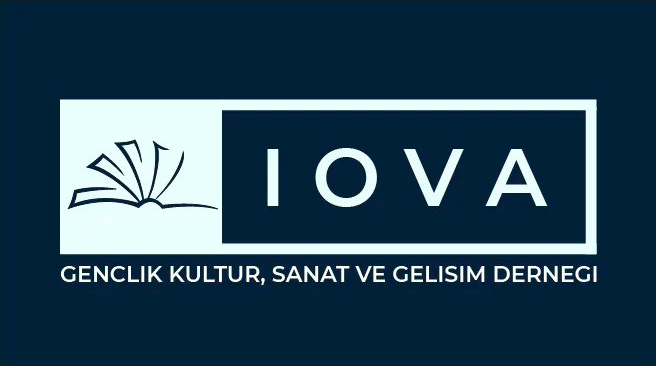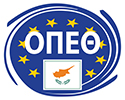|
Link number 1 includes all information relating to migration in Spain. When entry to Spain is for a stay of less than ninety days, it is subject to the conditions of Regulation (EU) 2016/399 of 9 March 2016. The requirements for such a stay are:
- Be in possession of a valid passport or travel document (in the case of citizens of the European Union, Switzerland, Norway, Iceland and Liechtenstein, only a valid National Identity Card or passport is required).
- Hold a valid visa, which is required for nationals of countries covered by Regulation (EU) 2018/1806 of 14 November 2018.
- Other requirements: accreditation of sufficient financial means to stay in Spain.
Link number 2
The webpage provides detailed information about national visas for Spain. It explains that third-country nationals need a national visa for stays longer than 90 days for purposes such as work, study, or residence. EU/EEA/Swiss citizens do not need a visa but must register in Spain. The page outlines the application process, necessary documents, scheduling appointments, attending interviews, and receiving decisions. It also includes contact details for inquiries and information on data protection and legal rights.
Link number 3
The webpage provides information for non-EU citizens wishing to study in Spain. It outlines the requirements to obtain a student visa, including admission to a recognized educational institution, proof of financial means, health insurance, and necessary documentation. The page details the application process, where to apply, and the duration and renewal of permits. It also covers rights during studies, such as the ability to work, and information on family reunification and mobility within the EU.
Link number 4
The webpage provides detailed information on how to apply for asylum within Spanish territory. It outlines the steps to request an appointment, register the request, and formalise the application through an interview. The page also includes details on required documentation, the right to legal aid and interpreter services, and what happens after the interview. Additionally, it provides guidance on renewing documentation and communicating with the Asylum and Refugee Office (OAR).
Link number 5
The EU Immigration Portal provides practical information for non-EU citizens about coming to work, study, or join family in the EU. It includes guidance on visas, rights, and obligations for stays over 90 days, and provides details on moving between EU countries. It also covers specific categories like the EU Blue Card, preventing human trafficking, and offers resources like the European Migration Network. It can be searched by country and a variety of profiles such as:
- Employed worker
- Highly-qualified worker
- Intra-corporate transferee (ICT)International service provider
- Seasonal worker
- Self-employed worker
- Family member
- Researcher
- Student
- Trainee
- Volunteer
|
1. Spanish migration portal
https://www.inclusion.gob.es/web/migraciones/
2. Visa for Spain
https://www.exteriores.gob.es/Embajadas/seul/en/ServiciosConsulares/Paginas/Consular/Visados-nacionales-Informacion-general.aspx
3. Study residence in Spain for non-EU citizens
https://www.exteriores.gob.es/Consulados/losangeles/en/ServiciosConsulares/Paginas/Consular/Visado-de-residencia-no-lucrativa.aspx
4. Applying for Asylum within the Spanish Territory
https://help.unhcr.org/spain/en/solicitar-asilo-en-espana/solicitud-de-asilo-en-territorio-espanol-2/
5. EU Immigration Portal (search for Spain)
https://immigration-portal.ec.europa.eu/index_en
|







